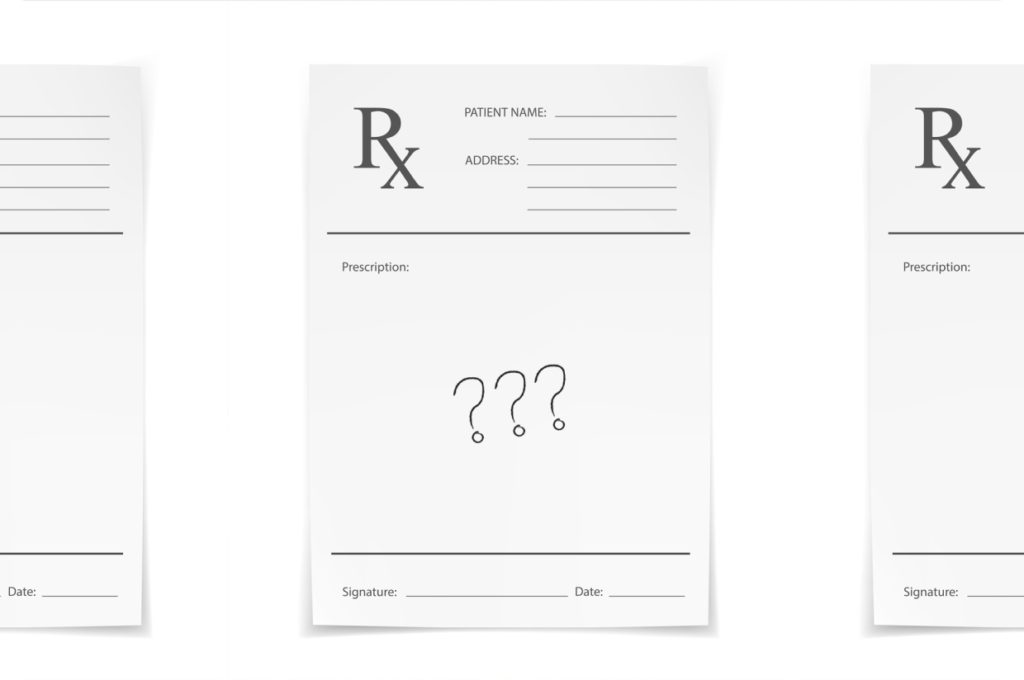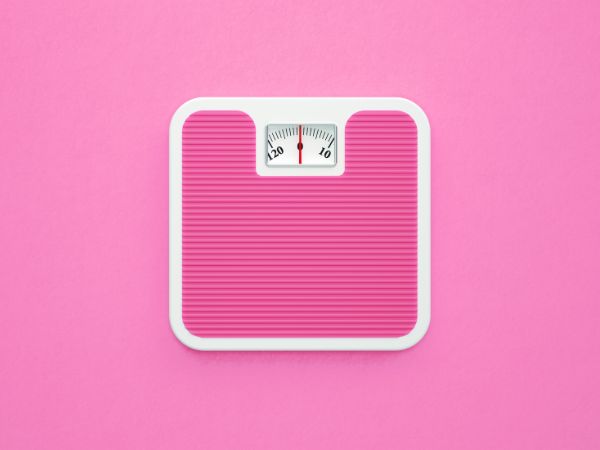For many people, weight loss medications are a bit of a mystery. There are a lot of outlandish claims online from supplements and weight loss equipment, but not as much information about the potential effectiveness of prescription medications.
As with most medications, weight management prescription medications are going to work a little bit differently for each person. Also, there are a number of non-medication treatments that you can use to assist in your weight management journey.
In an effort to help you make sense of your weight management treatment options, the experts at Felix have put together some useful information for you.

Ready to start your weight loss journey?
Get a personalized treatment plan from a Canadian nurse practitioner 100% online, with free delivery and ongoing support.
After you’ve read this page, you should feel better equipped to consider prescription medications as part of your weight loss journey, because medical weight loss can work if it’s used correctly.
Do Weight Loss Medications Actually Work?
Do weight loss pills and injections really work? Yes, there are weight loss medications that have been proven to be effective in clinical trials. But that doesn’t mean they’ll all work the same way for everyone.
Each person’s body is a little different, and depending on your physiology, prescription medications (including weight loss ones), may have a different impact. There’s no way of predicting how effective these medications will be, until you try them.
Some people are able to achieve incredible results with a small dose, while others may see no effects at all at the maximum dose. The good news is that most people fall within the middle range of that spectrum, so they’re able to achieve some level of success using prescription weight loss medications.
By the same token, some medications target different biological aspects that impact weight management. They can be an incredibly useful tool in leveling the playing field for people whose biological or genetic backgrounds make it difficult to manage their weight; even with a healthy diet and regular exercise.
Remember: It’s important to note that for the most effective results, weight loss medications must be paired with healthy lifestyle behaviours, including a balanced diet and exercise. Taking injections or weight loss pills with no exercise won’t achieve the same results on its own.
How Do Prescription Medications Help with Weight Loss?
If you’ve been wondering, “how does weight loss medication work?” – keep reading.
Most commonly prescribed weight loss medications work by decreasing your appetite, slowing the rate at which your stomach empties, and reduces the intensity of food cravings. This means they help you feel full faster, eat less at meals, while also staying full for longer.
Also, reducing the intensity of food cravings makes it easier to choose healthier food options, and plan better eating habits.
Which Weight Loss Medication is Most Effective?
There is no single most effective weight loss medication, since each person and their physiology (and lifestyles), will look somewhat different from each other.
For more information on weight loss medications, talk to your healthcare practitioner at Felix, and they’ll be able to help you find the most effective weight loss medication for you.
Do Weight Loss Medications Lose Effectiveness Over Time?
This is a hard question to answer, because the answer is both yes and no.
Like many medications, although they continue to provide the same effect on your body, the dosage that you’re taking may begin to seem less effective.
Even as old eating cues begin to return (i.e., hungry more often, eating more, etc.), continuing the weight loss medications can still be helpful; especially for weight maintenance.
At this point in many people’s weight management journey, they may want to revisit their practitioner to talk about making adjustments to their treatment plan.
This could involve things like adjusting your dosage (if you’re not at the maximum dose already), adding an additional medication or treatment to your plan, or switching focus to other areas of weight management (i.e., behavioural changes, dietary habits, physical activity regimens, etc.).
For example, if you’re taking weight management medications, but making healthful food choices, your practitioner will likely suggest some dietary modifications as part of an amended weight management plan.
Lifestyle Adjustments & Non-Medication Treatments
It’s really important to remember that while helpful, weight loss medications shouldn’t be the cornerstone of your weight management plan. There are other useful things that you can do to help reach your weight loss goals and maintain good overall health.
Psychological or Behavioural Treatments
Sometimes, one of the biggest challenges a person can face in their weight management journey is their own mental health. Cravings that feel impossible to ignore. Bad habits that are hard to break. It can be difficult to overcome these challenges alone.
Seeking psychological or behavioural support can be a great way to learn new life skills like how to efficiently meal plan, as well as give you tools to combat food noise.
Ongoing Exercise
The importance of regular exercise can’t be understated; not just in regard to weight management, but for your health in general.
Performing 30-60 minutes of aerobic exercise most days of the week can be a great way to assist your other weight management efforts, as well as increase muscle strength, flexibility, and reduce bone density loss as we age.
Healthy Dietary Choices
It can be difficult to make consistently healthy dietary choices when you’re living in an obesogenic environment, like we do in Canada.
This involves ensuring your body gets enough protein and fiber throughout your day, as well as avoiding unhealthy foods (i.e., fatty or heavily processed foods, sugary foods, alcohol, etc.).
Can Weight Loss Medications Replace Diet & Exercise?
Absolutely not. Medications cannot replace diet and exercise, but they can be used in combination with a healthy diet and sustainable exercise.
Weight loss medications are suggested in tandem with lifestyle changes (i.e., dietary habits, more exercise, etc), because these changes provide support for the weight loss medications.
Prescription weight loss medications are just one tool that can be used to help manage the weight loss process, not a singular solution that will solve all your weight management issues.
It’s also extremely important to remember that maintaining certain things (i.e., muscle mass, heart and respiratory health, etc.), are necessary for you to lose weight safely. If you lose too much weight, without protecting the rest of your body, it could actually be dangerous for your health.
All of these factors combined are reasons why weight loss medications should always be taken alongside positive lifestyle changes; especially if you’re hoping to achieve the best possible results and overall health.
Want to learn more about how Felix can help with your weight management journey? Talk to a Felix healthcare practitioner, we’re happy to help you find the right weight loss treatments for you, based on your health and medical history.





